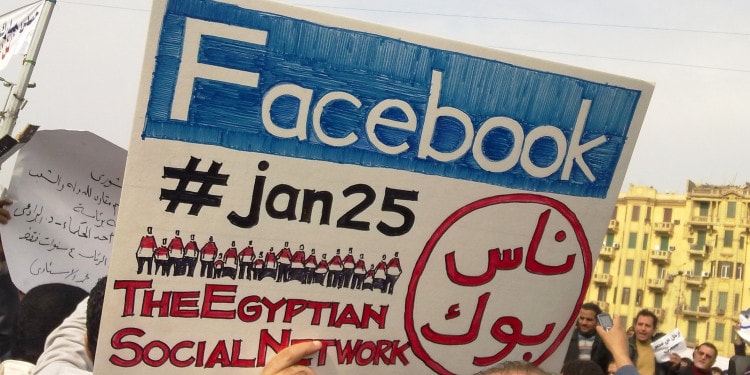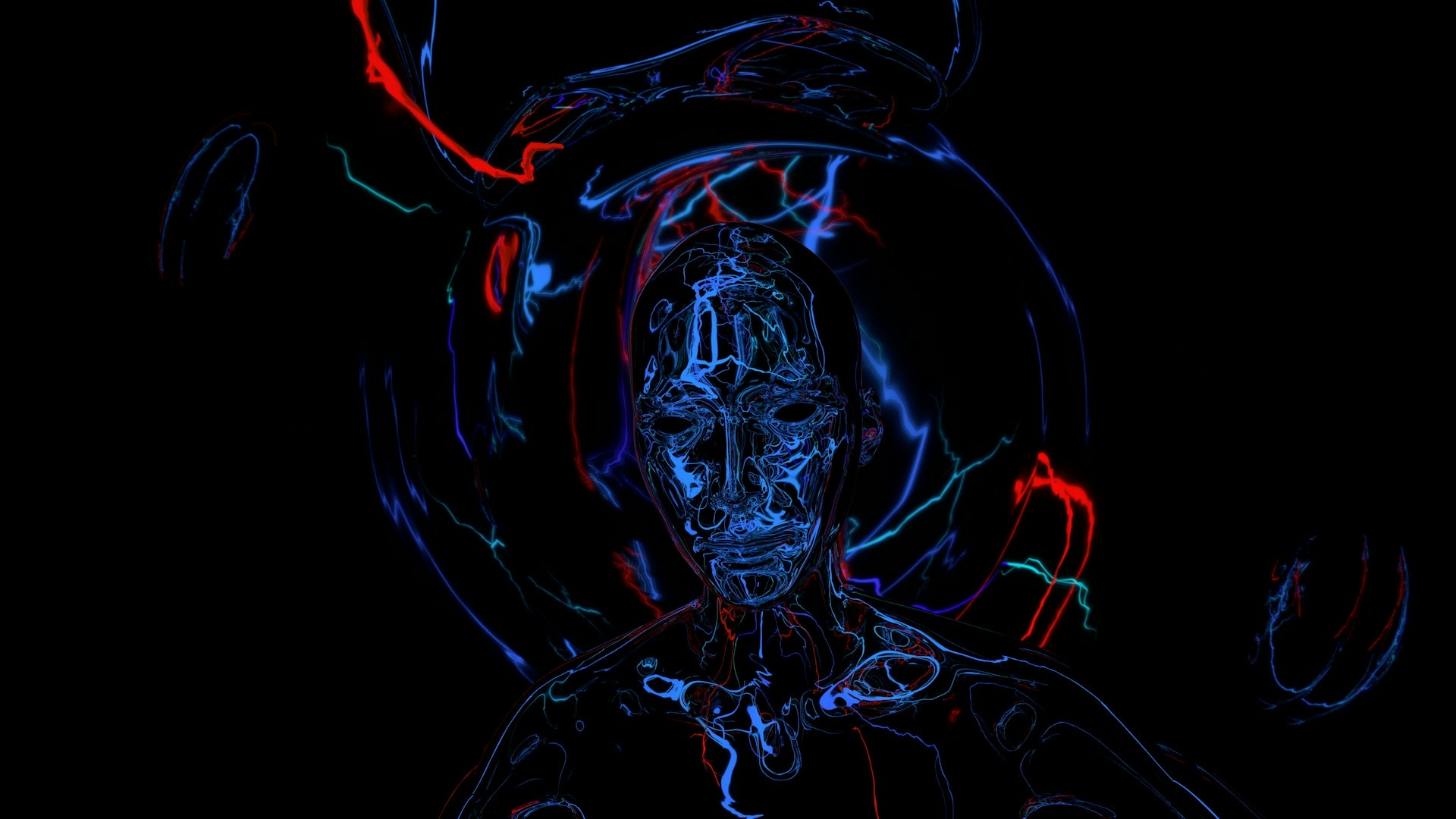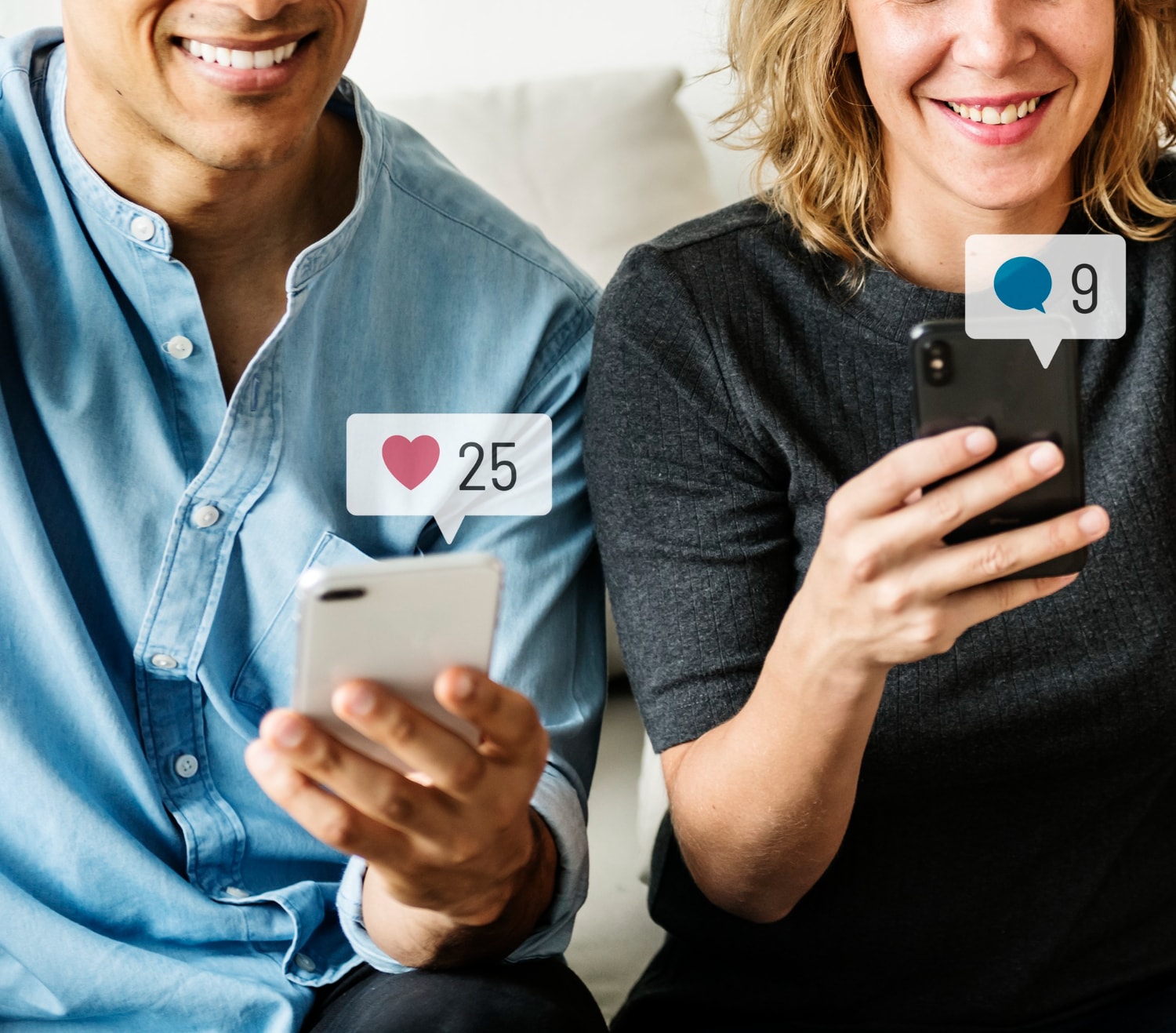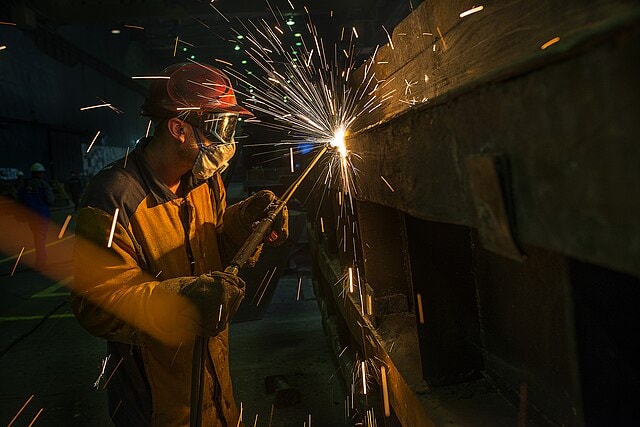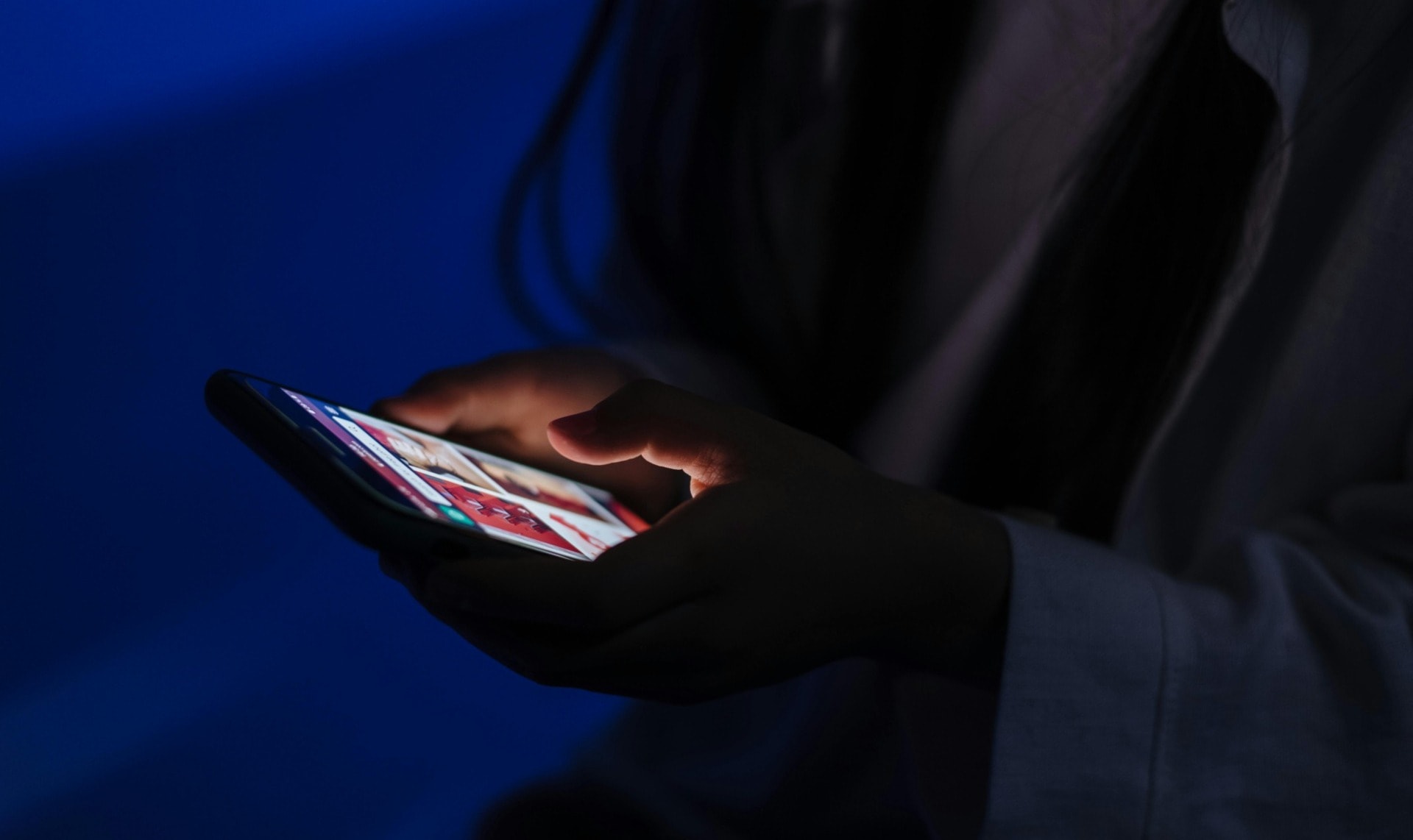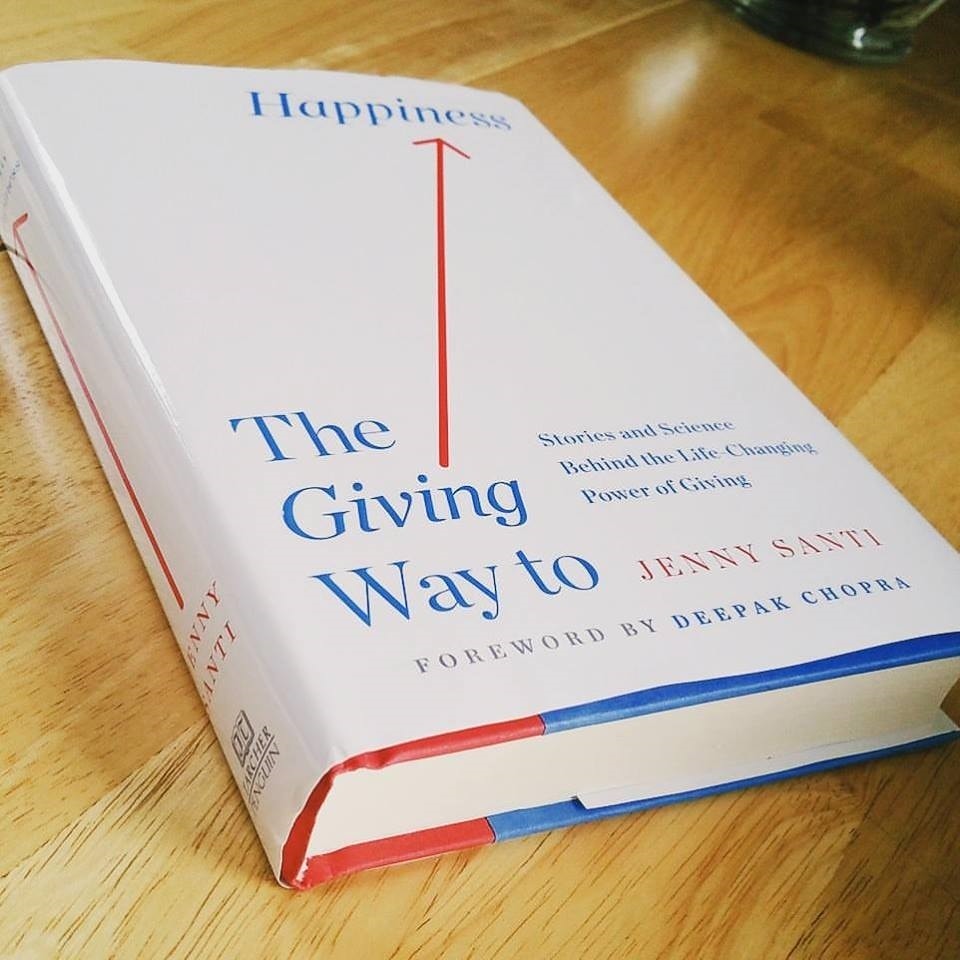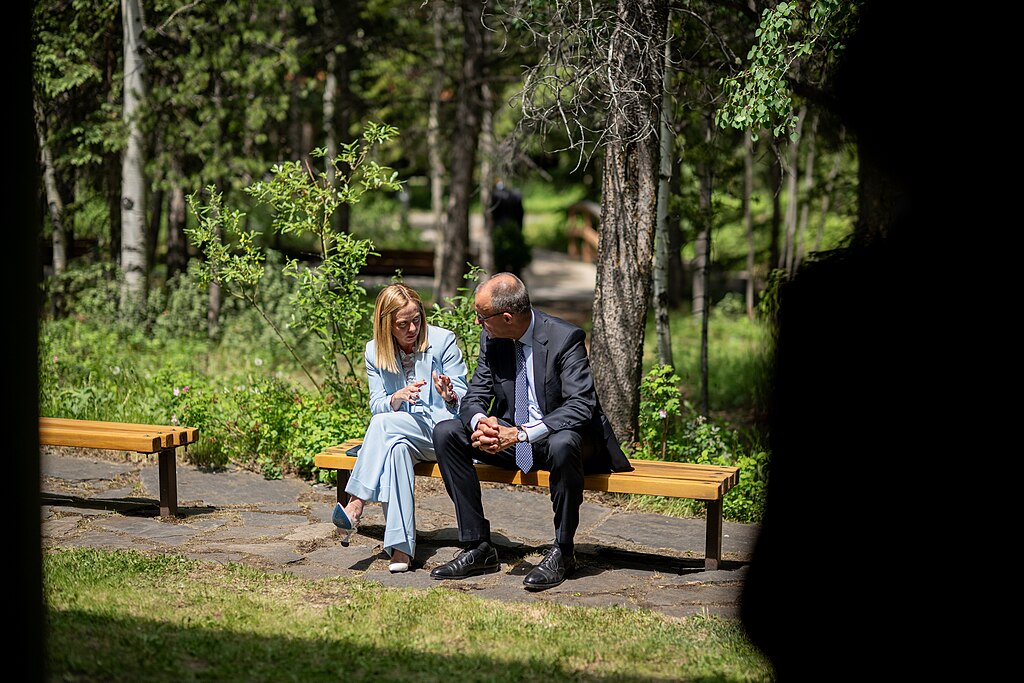The viral video, Kony 2012, did not only bring attention to and demand the stop of Joseph Kony, the brutal leader of Lord’s Resistance Army. The catchy #BlackLivesMatter hashtag did not only focus on the unbalanced dispersion of police brutality. #BringOurGirlsBack did not only unify the United States and other nations for the safe return of 270+ school girls who were kidnapped from the Chibok Government Secondary School by Boko Haram Terrorists in Nigeria with 230 currently still missing. What these events did, besides rally for change, was demonstrate how social media has transformed the way we protest, rise and organize.
Though often pestered for shamelessly permitting oversharing, allowing millennials to showcase endless streams of selfies and making food selfies acceptable, social media created instant two-way communication and the ability to constantly update. Created in, and after, the establishment and Harvard’s administers’ dismantlement of Mark Zuckerberg and three classmates’ website Facemash, thefacebook allowed for the connectivity of Harvard students with it being coded throughout January 2007 and launched the following February.
The expansion of Facebook was quick, fierce and impressive.
After the initial scandal surrounding the source of the idea of thefacebook, Facebook went on to expand to include more universities in the following months. Thefacebook eventually dropped the “the” and purchased facebook.com for $200,000 and the platform continued to expand past the United States into Canada, United Kingdom, Australia, New Zealand, and eventually around the world. After only a mere three years of existence, Facebook was allowing anyone 13 and over with a valid email to become a member. The expansion of Facebook was quick, fierce and impressive. Though definitely not the first or the last social media platform, Facebook has become a facet of everyday life for many users.
Twitter would also come to be a major social media player adding a new usefulness for news. The integration of a real-time Twitter feed shown on 60-inch plasma displays at the 2007 South by Southwest (SXSW) demonstrated the possibility for social media connectivity and the ability to fuel conversation in news. Social media was no longer just a place for vain teenagers but was now an opportunity to bring news and audiences together. Viewers were not only watching the news as they unfolded; they were becoming a part of the news. One of the first pictures of US Airways Flight 1549 after its unpowered emergency landing in the Hudson was uploaded and shared on Twitpic, Twitter’s photo sharing website. Sohaib Athar accidently gave a real time synopsis of the Osama Bin Laden raid and only realized it after the official broadcast of Bin Laden’s death on Twitter. Not only did social media allow for news to transcend space, it allowed for activism to be louder and unavoidable. A mere seven years after the creation, popularity and normalization of social media, the still new technology was being used to fuel a revolution, the Tunisian Revolution, that started from one burning match.
http://twitpic.com/135xa – There's a plane in the Hudson. I'm on the ferry going to pick up the people. Crazy.
— Janis Krums (@jkrums) January 15, 2009
Photo Credit: Twitter/Janis Krums
The legend of Mohamed Bouazizi is forever preserved on the internet with his story shared on passionate first-time blogs, lengthy editorials, intensive follow-up interviews with family and friends and in the long forgotten but never deleted tweets and statuses. Bouazizi, 26, once a poverty-stricken vegetable seller with small aspirations of simply renting or owning a truck for work, rose to be a symbol of resistance after his self sacrifice of self-immolation caused by his public humiliation from a policewoman who allegedly was so unsatisfied with her bribe for his unlicensed vegetable cart, that she slap, spat on and insulted Bouazizi’s dead father. No more than an hour later, after a failed attempt at discussing his longstanding grievances with local municipality officials in Sidi Bouzid, a fiery flame engulfed his lanky frame and literally sparked the Tunisian Revolution.
Related articles: “PASSIONS, INTERESTS AND SOCIAL MEDIA“
“HOW ONE SPORTS MARKETING COMPANY IMPACTS SOCIAL CHANGE”
What followed was a clear demonstration that regardless of whether the mainstream media, both domestically and internationally, glossed over or provided in-depth coverage, the people now not only had the relentless will but also the tools needed to make the world see through an unfiltered and unapologetic lens, one blog post, tweet, status and grainy clip at a time, that they were unified against the many problems they faced. That passion continues to live on, from people with a stack of rainbow Oreos demonstrating their support for the Supreme Court’s decision, Obergefell v. Hodges, that proclaimed marriage was a fundamental right guaranteed to gay couples to citizens in multiple countries banding together to demand the entry of refugees fleeing their war-torn countries with the hashtag #refugeeswelcome.
We’re on board. Diversity strengthens us all & today we celebrate #MarriageEquality & the landmark #SCOTUS decision. pic.twitter.com/gqej2xMzIU
— americanair (@AmericanAir) June 26, 2015
Photo Credit: Twitter/American Airlines
Kony 2012 was fueled by YouTube and constant sharing that called for the end of Joseph Kony. The viral video resulted in real life efforts being made to take down the man that rattled Africa and back those who dared to challenge him. The United States Congress’ attention was captured by the video. Republicans and Democrats supported efforts led by Republican Senator James “Jim” Infoe from Oklahoma and Democratic Senator Chris Coon from Delaware to aid regional forces in the Central African Republic, Uganda, the Democratic Republic of the Congo and South Sudan in pursuing Kony and his militia, Lord’s Resistance Army. The African Union also demonstrated their involvement with an international brigade of 5,000 military troops to hunt down the rebel leader that violently shook African regions (though their involvement came prior to the viral video). Not only did the government offer aid but also funding for Invisible Children, Inc. Funds were quickly increased in 2012 because of the emotional call to action to help those affected.
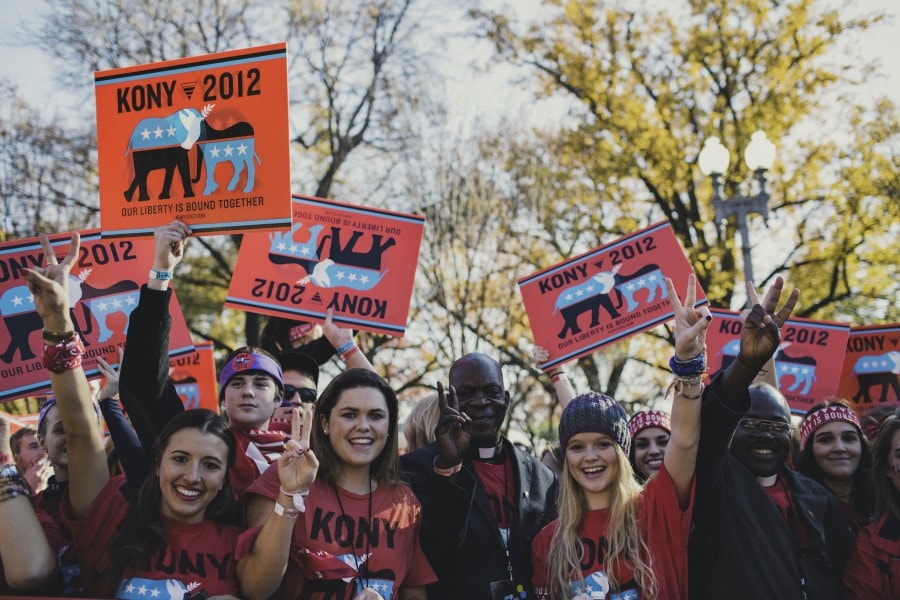
In the Photo: Supporters of Invisible Children. Photo Credit: Flickr
Hashtags have been redefined to bring light to issues once hidden away from society.
#YesAllWomen showcases the stories of harassment, violence, double standards and numerous unique issues faced by women.
#BostonStrong summed up the unification of a nation after the catastrophic terrorist attack at the Boston Marathon in April 2013 that killed three and injured over 250.
#UmbrellaRevolution was used by Hong Kong residents on Twitter to protest a decision made by the Standing Committee of the National People’s Congress regarding the planned 2017 Hong Kong Chief Executive election that required a nomination committee to pre-screen the candidates before allowing the general public to vote – a process similar to the Election Committee, an electoral college comprised of 1,200 members that vote for the Chief Executive. Young protesters voiced their disapproval with demonstrations, roadblocks and expressing their frustrations with restrictive voting laws and the brutality used by police officers to disperse them.
https://twitter.com/katekilla/status/470330708754718720
Photo Credit: Twitter/Kate Tuttle
However, there are drawbacks to this new age activism.
Anyone can champion their call for social change regardless of whether that change is good or bad. The main recruiting tool of the Islamic State of Iraq and the Levant’s (ISIS) is social media; they use it because of its ability to spread their message worldwide and inspire acts of violence. Jihadist propaganda floods the internet and their messages emerge in social media to find the isolated, desperate, and angry. While efforts have been taken to restrict the voices of extremists, there are inevitable debates about freedom of speech and questions asked whether it is even possible to control the information given the speed and vastness of the global social media landscape.
Their ability to spread the story and entice interest is what inspires the few who create solutions.
Another issue is the increase and spreading of misinformation.
Currently, there is a high degree of institutional mistrust and cognitive bias. Some people believe in causes so deeply that they display narrow-mindedness and the non acceptance of new information or critiquing of existing information. The result is an abundance of clickbait made purely to incite rage or strengthen current beliefs. Numerous websites have sprouted just to debunk the myths that spread on social media such as the myth that Girl Scout Cookies profits are linked to Planned Parenthood or the likely false image of a young Bernie Sanders attending a 1965 civil rights march with Martin Luther King, Jr.
Even good intentions can result in bad consequences; Reddit demonstrated this when a thread, r/findbostonbombers, tried to singlehandedly locate the Boston Bomber. This resulted in the incorrect identification of Sunil Tripathi, a missing Brown University student later found dead, whose family was subsequently harassed until the real suspects were finally identified.

Photo Credit: Facebook/ALL
The desire to fight crusades is a strong one but it has also become a lot easier to fight from the confines of your own home.
The rise of “slacktivism” has resulted in a few advancements and a few drawbacks. Issues that were once hidden can easily be broadcasted and shared on social media. The continuous fight for gender equality, racial equality and LGBT rights is one that could easily be over if not for the online conversation forcing the discussion of current problems.
Additionally, hashtags are memorable but the causes they stand for can quickly fade into obscurity. #BringOurGirlsBack was a viral sensation backed by prominent figures such as First Lady Michelle Obama and British Prime Minister David Cameron. However, there is a problem with these hashtag crusades. And the problem is the swiftness with which they are replaced with another, as was the case with #BringOurGirlsBack. Yet, while it did not end the fight for the return of school girls, the issue became a prominent concern for numerous individuals and organizations including UNICEF and Amnesty International.
Thus, hashtags may very well be the only action many social media activists take to show their solidarity, yet their ability to spread the story and entice interest is what inspires the few who create solutions. Being able to differentiate between actual causes and propaganda are the biggest hurdles but fact checkers, like Fact or Fiction or Snopes, are committed to verifying claims so that activism and rallies can be based on facts rather than anecdotal accounts, out of context statements or skewed statistics.
Regardless of whether you view social media as a platform overloaded with humblebrags and unsolicited selfies or you see social media as a tool that can revolutionize a nation, it is powerful. And with great power comes great responsibility and we will have to decide how positive or negative that power should be.
Social media has the power to get Arby’s workers suspended and fired based on a personal account of a serviceman receiving poor service but it can also get $115 million dollars raised for ALS in a year.
Social media has the power to influence our beliefs and values with no shortage of memes proclaiming “truths” and sparking irrational outrage with exaggerations, half-truths and blatant lies. However, we have the power to limit the destructive clickbait and offer informational content rather than sensationalism. We can stand by legitimate causes and support our friends in foreign lands with simple profile picture changes, inspirational words and offering aid. Though often sneered at for its acceptance of narcissism, social media has brought us closer together and has the capability to further improve our relationships and support our allies and friends.


